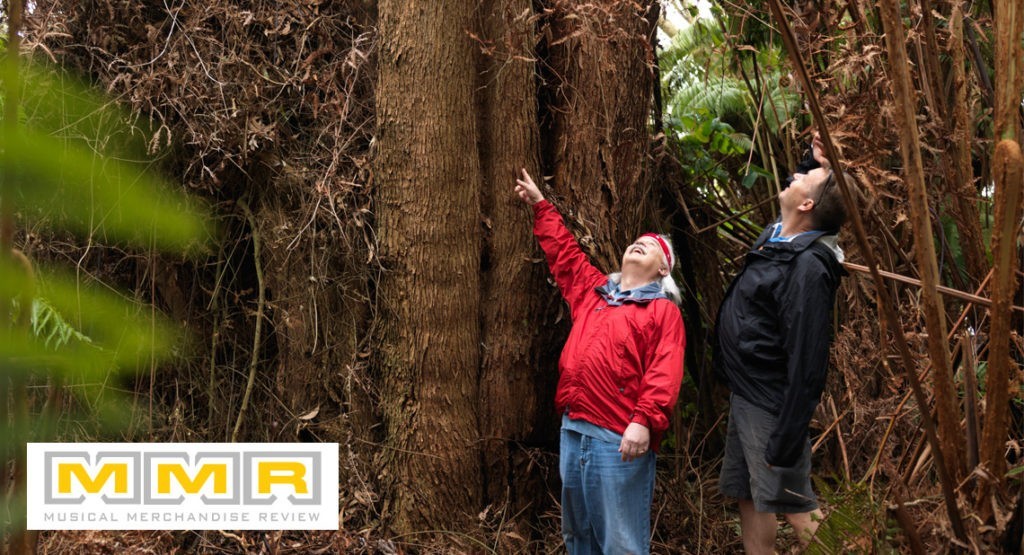Tom Bedell’s Guest Editorial for MMR Magazine: Lacey Act and CITES

Written By: Tom Bedell
Published By: MMR Magazine
Ever since the 2008 refinement of the Lacey Act and the U.S. Fish and Wildlife Department’s 2009 raid on Gibson, the guitar industry has debated the fairness of governmental regulations that hold each of us accountable for verifying the legality of the harvest and chain of custody of the woods we use in our instruments. Is this governmental overreach and interference in free enterprise, or appropriate accountability for respecting and honoring the resources our instruments rely on?
I have experience in this arena and it shapes the way I approach the issues we are currently facing in the MI industry. Before establishing Two Old Hippies Acoustic Stringed Instruments – Breedlove / Bedell / Weber – I spent 30 years in the fishing tackle industry. Throughout this time, I led the industry in conservation efforts while earning over 40 percent market share in U.S.A and 30 percent market share, worldwide. Our success was directly and indirectly tied to the health of the world’s water and fishery resources, so working to improve these resources was core to our business growth. I see no difference in the music instrument industry: it is our obligation – and in our self-interest – to protect the world’s hardwood and rain forests. Our success is inextricably bound to the health of the resources on which we rely to create our extraordinary instruments.
Interestingly, the world’s old growth trees and tropical forests gift the finest tonewood for exquisite acoustic instruments. For these tonewoods to be available for generations to come, we must selectively harvest and address the struggling economies of the villages and peoples who live among these precious forests. This is not a responsibility we can delegate to others. We must accept personal and company accountability and responsibility.
At Bedell Guitars, we do not knowingly use clear-cut trees. No clear-cut Sitka spruce, no clear-cut Adirondack spruce. None. We only use individually harvested or salvaged trees. Starting in 2015, every Bedell guitar will be shipped with a certificate documenting the tonewood used to create the instrument, its biological name and country of harvest. If any of the woods are listed under CITES, we include copies of our documentation confirming the wood was legally harvested. We want to help U.S. Customs enforce our laws and protect our forests.
At Bedell Guitars, we use no wood from Madagascar because it is nearly impossible to clearly confirm the chain of custody; the ecology on that precious island is being challenged and we will not contribute to the continuing decline of its fragile ecosystem. Bedell Guitars does have the world’s largest legally harvested and documented collection of Brazilian rosewood. The wood was harvested in the 1950s and 1960s and safely stored in a warehouse just outside of Madrid, Spain. It has been certified by the Spanish government as legally harvested and stored, pre the original CITES Convention, and carries legal CITES documentation for travel permits throughout the world.
The Lacey Act is a good law. We all can and should embrace and honor it, its purpose and its requirements. The CITES convention is essential worldwide policy. All of us who rely on exotic tonewood to create extraordinary instruments must, at the same time, honor the forests where the trees live. At Bedell Guitars, we have trained our Consumer Services Department to assist retailers and musicians with the processes to secure documentation and travel permits to enable all Bedell Guitars to travel for performances and to be sold throughout the world, legally. I know many other acoustic instrument companies share our concern for doing all we can to save our hardwood and rain forests. We are pleased to be doing our part.
